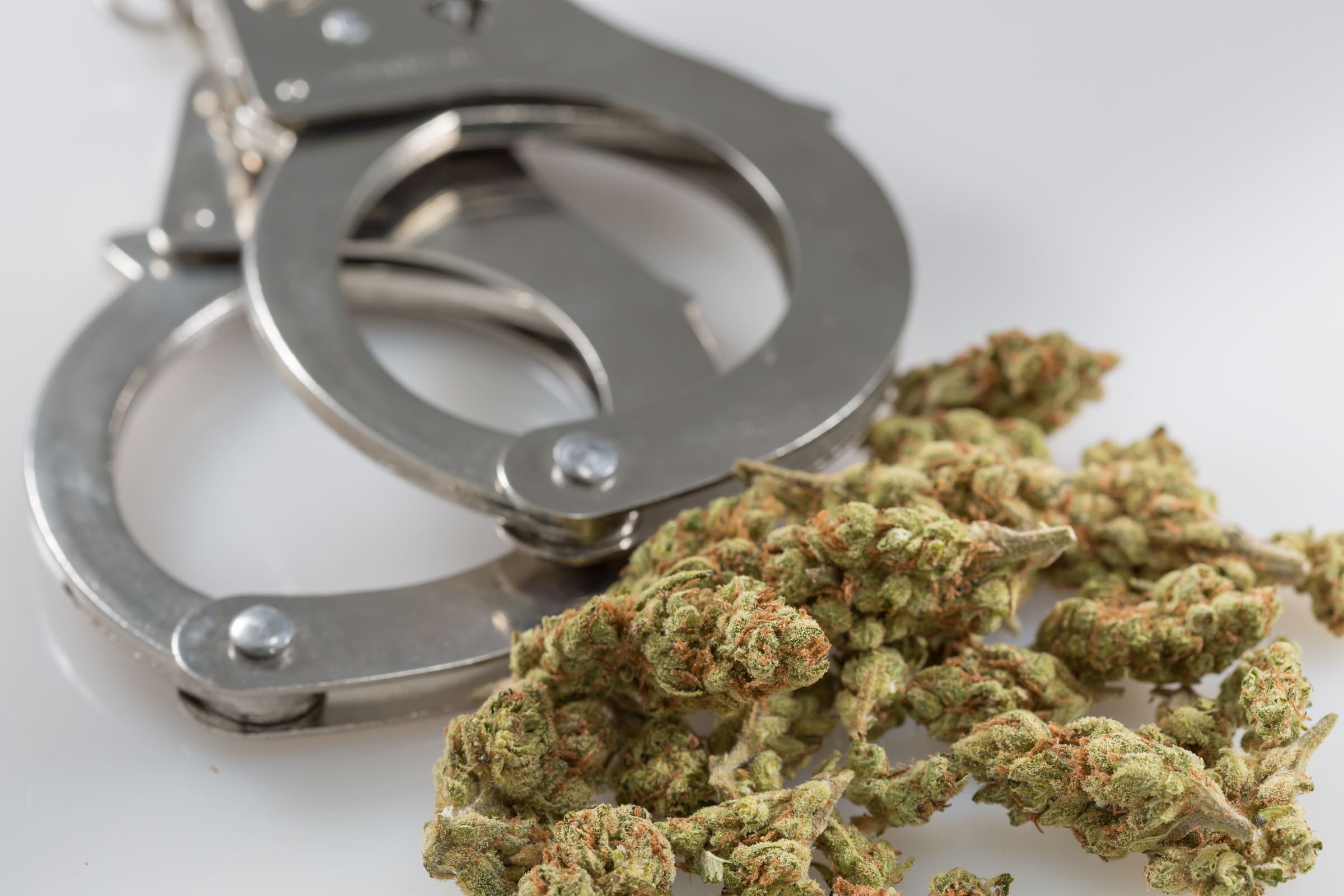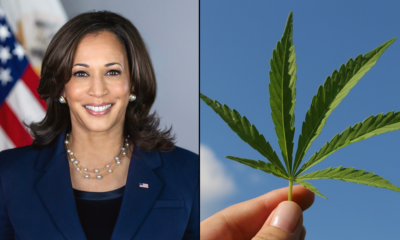Politics
Anti-Marijuana Group Wants ‘Mandatory Assessment’ For Consumers

Since being founded in 2013, anti-legalization organization Smart Approaches to Marijuana (SAM) has consistently presented itself as supporting a balanced middle-ground approach between incarceration for consumers and the commercialization of cannabis. But it has never clearly described what it thinks police and government agencies should do to people caught possessing marijuana instead of putting them behind bars or just ignoring them.
Until now.
In a new document uploaded to SAM’s website last week, the group lays out “several key points to be addressed in model legislation” for cannabis at the state level.
Chief among them:
“Require mandatory assessment of problem drug use by a treatment professional after the first citation; those who are diagnosed with a substance use disorder can be diverted into a treatment track where they receive the appropriate level of care, those who are not problem users can be directed to social services for follow-up and addressing other life factors contributing to drug use.”
Let’s break that down.
If the police catch someone possessing a small amount of marijuana once, the person is directed to a “mandatory assessment of problem drug use.” If they are diagnosed as having a substance use disorder they are then forced to undergo treatment. If they refuse, presumably they’d be incarcerated or otherwise punished in some way.
But even if it is determined that the person is “not a problem” user, they still get directed to “social services” to dig into “other life factors” associated with their decision to consume cannabis.
“Project SAM, like U.S. Attorney General Jeff Sessions, firmly believe that ‘good people don’t use marijuana,'” Paul Armentano, NORML’s deputy director, told Marijuana Moment after reading the prohibitionist organization’s proposal. “In SAM’s case, their overarching philosophy appears to be, ‘Only people with problems use marijuana.'”
“Clearly, SAM believes that marijuana use per se should be defined under the law as aberrant behavior requiring varying degrees of state intervention,” he said. “Such an approach perpetuates the needless stigmatization of marijuana and those who consume it, and is clearly at odds with the attitudes of the majority of the public who desire to see and end to these discriminatory and punitive public policies.”
SAM representatives did not respond to Marijuana Moment’s request for clarification about whether and how people would be punished for refusing mandatory assessments, treatment or participation in social services programs.
While the organization this year endorsed New Jersey decriminalization legislation that would require people caught with marijuana to undergo assessments, the new blog post appears to be the first time the group has made a considerable effort to articulate its favored alternative to cannabis legalization despite repeated promises over the course of years that it would “soon” release information about its policy aims beyond just impeding efforts to end prohibition.
@SanhoTree There are plenty of non-legalization alternatives that are also non incarceration. We will unveil some soon.
— SAM (@learnaboutsam) March 25, 2015
Feb 2013: SAM says they’d spend a year figuring out what policies they support. #StillNothinghttp://t.co/VYheS3OsnJ pic.twitter.com/GlUy7oUdFa
— Tom Angell 🌳📰 (@tomangell) August 9, 2014
Under the new plan, it appears that most people caught with marijuana would have to pay for treatment themselves.
But in a concession to legalization advocates who have pointed out that marijuana laws are often enforced more harshly against those from communities with lesser economic means, SAM does suggest waiving fines and treatment costs for people who don’t have the money to pay. They also say community service could be an alternative to shouldering the monetary costs for those with “severe financial hardship.”
Kevin Sabet, SAM’s president, has consistently said in interviews that he doesn’t seek to punish people for consuming or cultivating marijuana at home and is merely concerned with stopping “Big Marijuana” companies from commercializing addiction. But his organization has repeatedly opposed legislative proposals to allow possession and limited cultivation with no sales.
“You could grow a plant at home, actually. You could homegrow,” he said in a 2016 interview, for example. “You could do gifting. You could do a kind of decriminalization where basically we turn the other way.”
Nonetheless, the group opposed a 2014 ballot measure in Washington, D.C. to legalize low-level possession and homegrow, as well as legislation in Vermont this year to allow the same thing. Neither proposed to create a legal, commercialized cannabis sales market and instead allows adults to “gift” marijuana to one another in line with Sabet’s statement.
Both measures were enacted into law over SAM’s objections.
Perhaps tiring of standing on the sidelines yelling “no” to legalization to no avail, the group is finally preparing to try its hand in shaping policy. It remains to be seen if the new “model legislation” document leads to a more hands-on role in the cannabis legislative process for the prohibitionist organization.
















